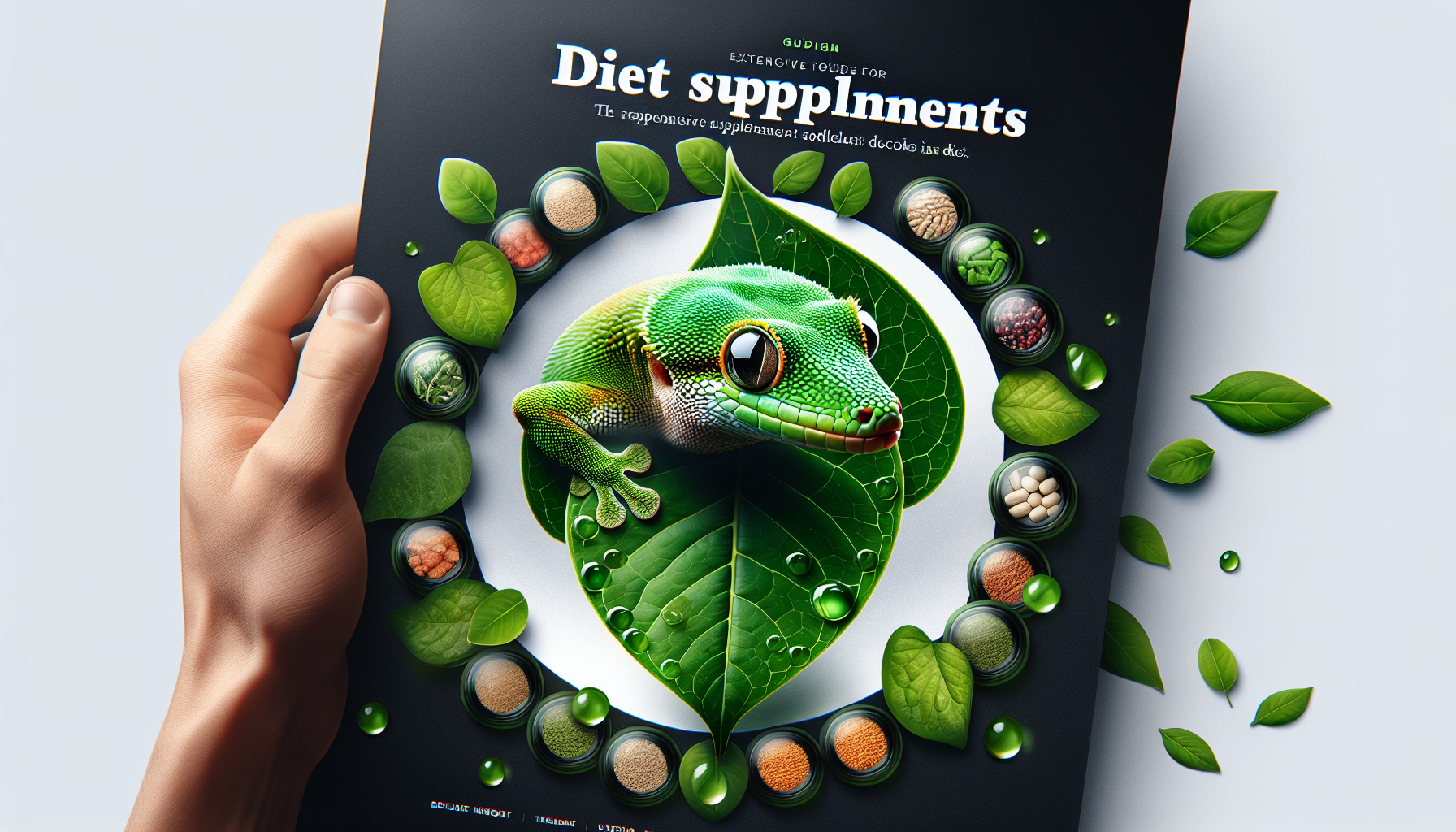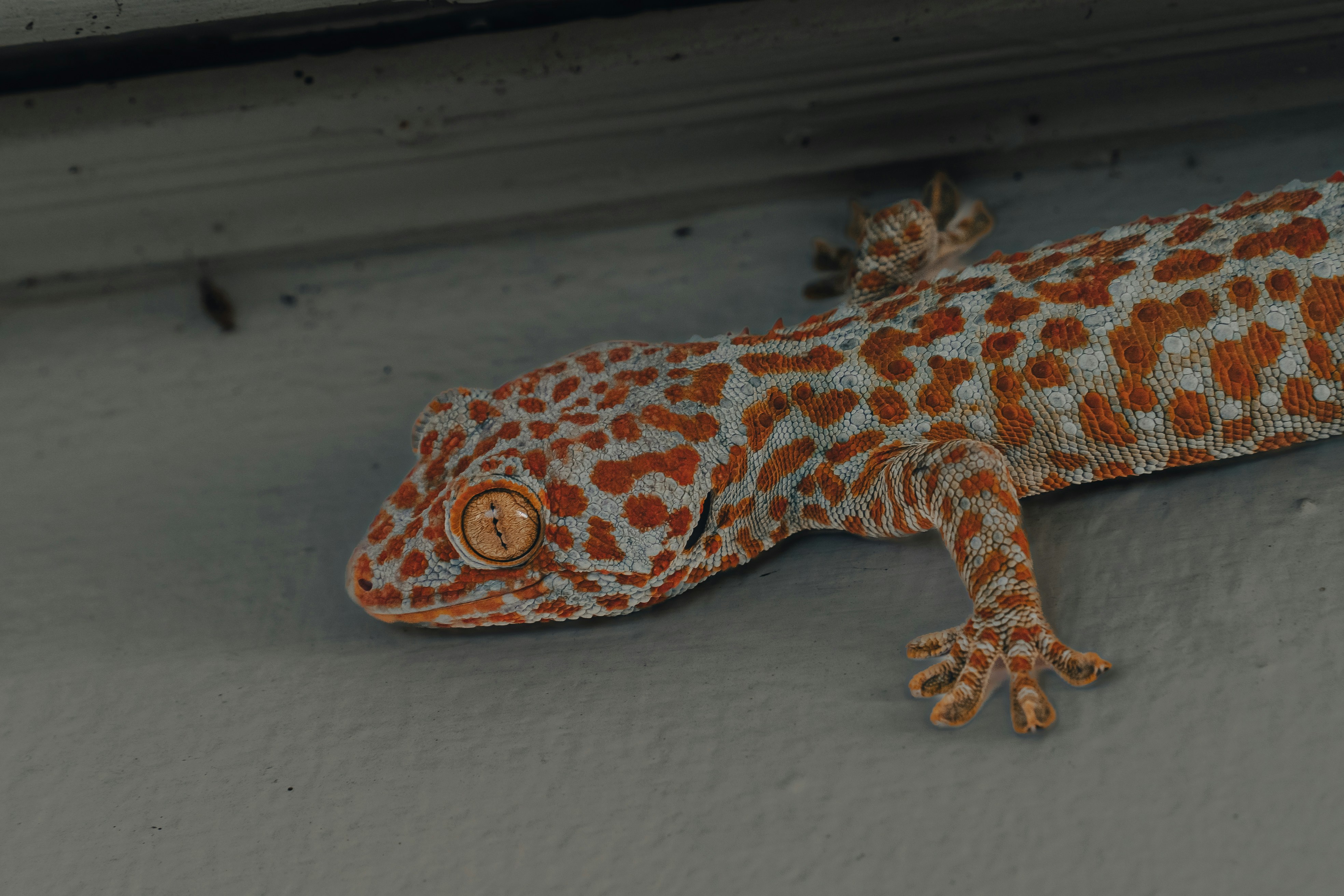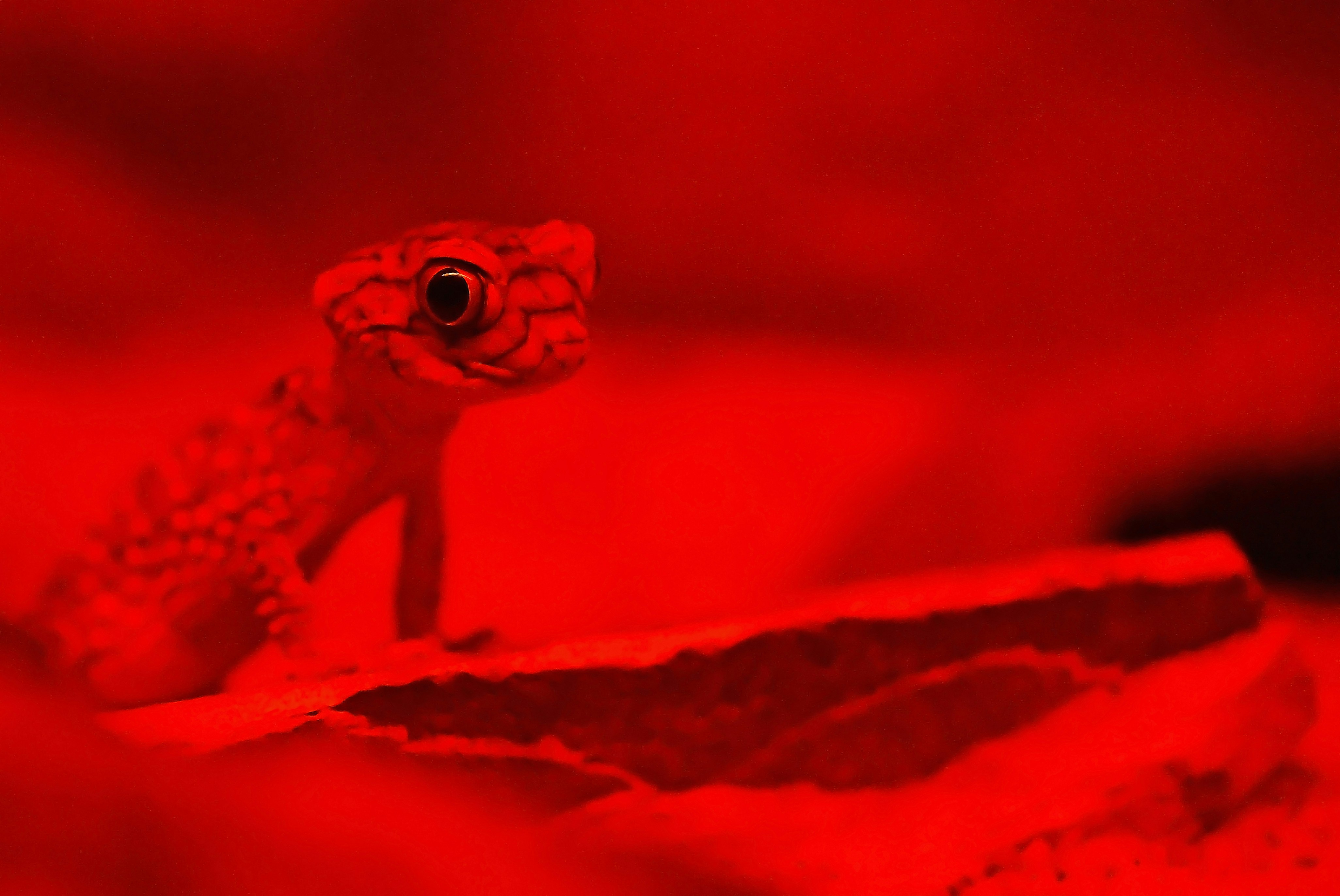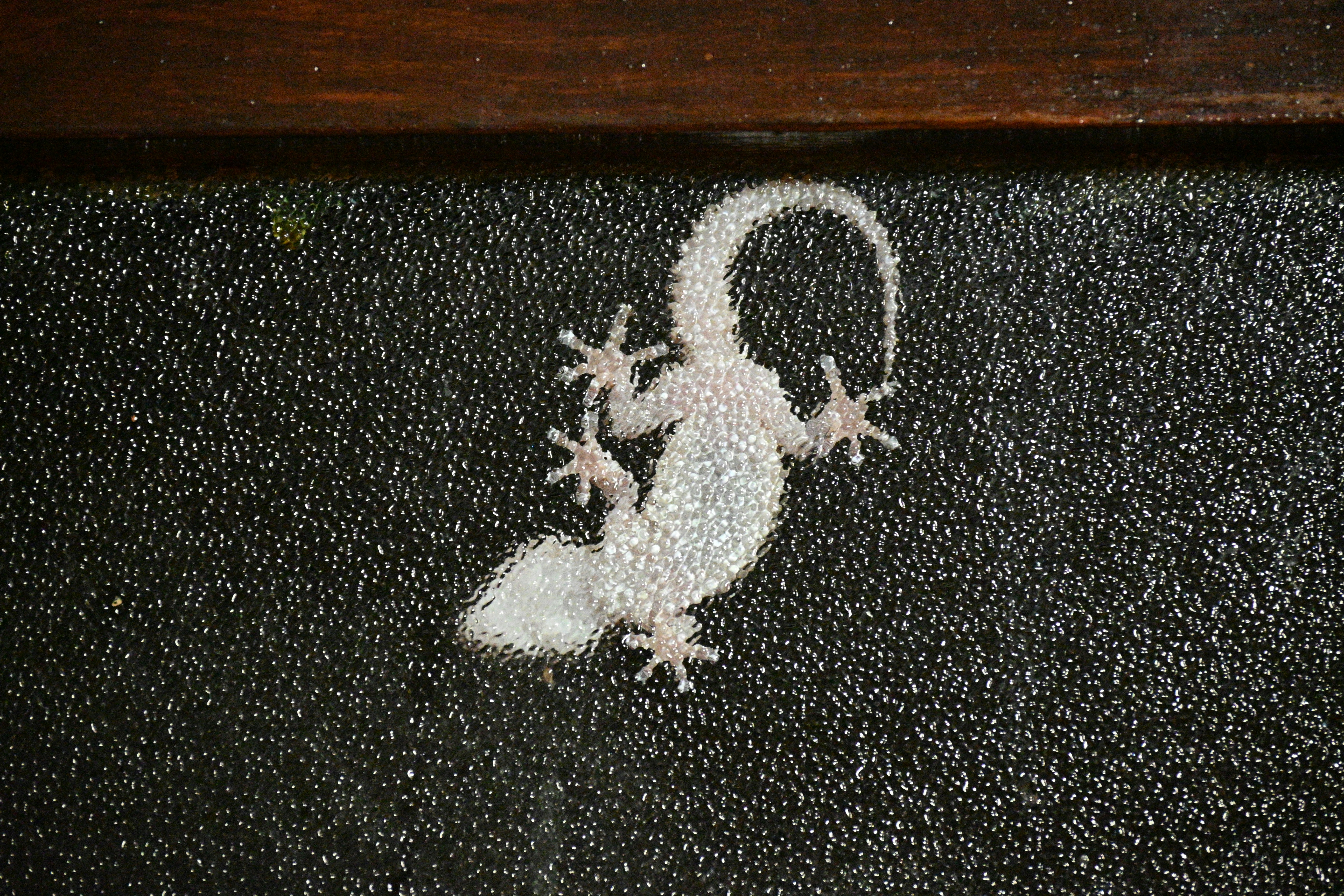
In this comprehensive guide, you will discover the essential supplements that play a crucial role in enhancing the diet of your gecko. Geckos are unique creatures with specific dietary requirements that must be met to ensure their optimal health and wellbeing. By incorporating these carefully selected supplements into your gecko’s diet, you can provide them with the necessary nutrients they need to thrive. From calcium and vitamin D3 to multivitamins and probiotics, this guide will equip you with the knowledge to make informed decisions and create a balanced diet that promotes the longevity and vitality of your gecko.
Understanding Your Gecko’s Diet
Importance of a well-balanced diet
A well-balanced diet is crucial for the overall health and wellbeing of your gecko. Just like any other living creature, geckos require a variety of nutrients to thrive. Failing to provide them with a proper diet can lead to various health issues and even shorten their lifespan. Therefore, it is essential to understand the nutritional needs of your gecko and ensure they receive a diverse and nutritious diet.
Different types of gecko diets
Geckos have different dietary preferences based on their species. Some geckos are insectivores, while others are omnivores or herbivores. Knowing your gecko’s natural diet will help you select the appropriate supplements to ensure their nutritional needs are met. Insectivorous geckos primarily feed on various insects, while omnivorous geckos require a combination of insects, fruits, and vegetables. Herbivorous geckos, on the other hand, consume mainly plant matter. Understanding which category your gecko falls into will guide you in providing the right nutrients.
Essential nutrients for geckos
Geckos rely on several essential nutrients to maintain optimal health. These include vitamins, minerals, amino acids, and fatty acids. Some key nutrients that geckos need include calcium, phosphorus, vitamin D3, vitamin A, and vitamin E. Calcium is particularly crucial for strong bones and proper muscle function. Phosphorus works in combination with calcium to maintain a healthy skeletal structure. Vitamin D3 is necessary for calcium absorption, while vitamin A contributes to healthy eyesight. Vitamin E is an antioxidant that supports the immune system. Understanding the importance of these nutrients will help you select the appropriate supplements for your gecko’s diet.
Choosing the Right Supplements
Identifying nutritional deficiencies
Nutritional deficiencies can have serious consequences for your gecko’s health. It is important to be aware of the signs of deficiencies, such as weakness, lethargy, loss of appetite, and deformed bones. If you notice any of these symptoms in your gecko, it is crucial to consult a reptile veterinarian to determine the underlying cause. They can perform blood tests to identify specific nutrient deficiencies and provide guidance on the appropriate supplements to address the issue.
Types of supplements available
There are several types of supplements available on the market to address different nutritional needs in geckos. These include calcium supplements, multivitamin supplements, protein supplements, gut loading and dusting products, and digestive aid supplements. Each type of supplement serves a specific purpose and provides specific nutrients. It is essential to understand your gecko’s dietary requirements and consult with a veterinarian to determine which supplements are necessary for your gecko’s overall health and wellbeing.
Consulting a veterinarian for guidance
When it comes to choosing the right supplements for your gecko, it is always best to consult with a reptile veterinarian. They have the knowledge and expertise to assess your gecko’s specific needs and recommend the appropriate supplements to optimize their diet. A veterinarian can also provide guidance on the correct dosage and frequency of supplement use, as well as any potential risks or side effects. Consulting a professional will ensure that you are providing your gecko with the best possible care and nutrition.
Calcium Supplements
The importance of calcium for geckos
Calcium is an essential mineral for geckos as it plays a vital role in bone health, muscle function, and nerve transmission. Many geckos, especially those that are insectivorous, may not receive an adequate amount of calcium through their diet alone. Therefore, it is crucial to provide calcium supplements to avoid calcium deficiency, which can lead to metabolic bone disease. Calcium supplements are particularly important for egg-laying female geckos, as they require additional calcium for successful egg development.
Calcium sources for geckos
There are various calcium sources available for geckos, including calcium powders, calcium blocks, and calcium-rich food items. Calcium powders can be dusted onto insects or mixed with pureed fruits or vegetables for geckos that consume plant matter. Calcium blocks can be placed in the gecko’s enclosure for them to lick as needed. It is important to ensure that the calcium supplements used are specifically formulated for reptiles and do not contain harmful additives or fillers.
Calcium to phosphorus ratio
The calcium to phosphorus ratio is a crucial aspect to consider when supplementing your gecko’s diet. Geckos require a calcium to phosphorus ratio of 2:1 or 3:1 for proper absorption of calcium. If the phosphorus levels in their diet are too high and the calcium levels are insufficient, geckos may experience difficulty in absorbing calcium properly, leading to metabolic bone disease. It is important to select calcium supplements that provide the appropriate ratio to ensure optimal calcium absorption and utilization.
Multivitamin Supplements
Benefits of multivitamin supplements
Multivitamin supplements are designed to provide a wide range of essential vitamins and minerals that may be lacking in your gecko’s diet. These supplements help fill any nutritional gaps and ensure that your gecko receives all the necessary nutrients for their overall health and wellbeing. Multivitamin supplements can support immune function, promote healthy skin and coat, and improve overall vitality in geckos.
Key vitamins and minerals for geckos
Geckos require various key vitamins and minerals for their optimal health. Some essential vitamins for geckos include vitamin A, vitamin D3, vitamin E, and vitamin K. These vitamins play important roles in maintaining healthy skin, regulating calcium absorption, supporting the immune system, and promoting blood clotting. In addition to vitamins, geckos also require minerals such as iron, zinc, copper, and selenium for proper body function. Multivitamin supplements provide a convenient way to ensure that your gecko receives these essential nutrients.
Selecting a high-quality multivitamin
When selecting a multivitamin supplement for your gecko, it is important to choose a high-quality product specifically formulated for reptiles. Look for supplements that are made from natural ingredients and do not contain any artificial additives or fillers. Reading product labels and researching reputable brands can help ensure that you are providing your gecko with a safe and effective multivitamin supplement.
Protein Supplements
Protein requirements for geckos
Protein is an essential component of a gecko’s diet, especially for insectivorous and omnivorous species. Geckos require protein for muscle growth, tissue repair, and overall development. Protein supplements can be beneficial for geckos that may not be receiving sufficient protein through their regular diet. However, it is important to ensure that the protein supplements used are appropriate for geckos and do not contain any harmful additives or fillers.
Different protein sources
Protein supplements for geckos can be sourced from various insects, such as crickets, mealworms, and waxworms. It is important to offer a variety of insects to ensure that your gecko receives a diverse range of nutrients. Some protein supplements may also be plant-based, which can be suitable for herbivorous geckos. It is crucial to choose protein sources that are appropriate for your gecko’s specific dietary needs.
Precautions when using protein supplements
While protein supplements can be beneficial, it is essential to exercise caution when using them. Too much protein can put a strain on a gecko’s kidneys and lead to health issues. It is crucial to follow the recommended dosage guidelines and consult with a reptile veterinarian if you are unsure about the appropriate protein supplementation for your gecko. Additionally, it is important to ensure that any insects used as a protein source are gut loaded and dusted with calcium to provide a well-rounded diet.
Gut Loading and Dusting
What is gut loading?
Gut loading refers to the practice of feeding nutritious foods to insects before offering them to your gecko. This ensures that the insects are packed with essential nutrients that can be passed on to your gecko when they consume them. Gut loading is particularly important for insectivorous geckos as it helps provide a more nutritious and well-balanced diet.
Benefits of gut loading
Gut loading offers several benefits for geckos. It enhances the nutritional value of the insects, providing geckos with a more complete diet. By gut loading the insects, you can ensure that your gecko receives a sufficient amount of vitamins, minerals, and other essential nutrients. This practice can also be particularly beneficial for gecko breeding, as it helps provide the necessary nutrients for proper egg development.
Techniques for gut loading insects
There are various techniques for gut loading insects. One common method involves feeding the insects nutrient-rich foods such as fruits, vegetables, and commercial gut loading diets. These foods should be offered to the insects at least 24 hours before they are given to your gecko. It is important to choose gut loading foods that are appropriate for the specific dietary needs of your gecko.
Using calcium dusting for supplementation
Calcium dusting is a practice where insects are coated with a calcium supplement powder before being fed to your gecko. This ensures that your gecko receives an additional source of calcium, which is essential for their bone health and overall wellbeing. Calcium dusting should be done at least once or twice a week, depending on your gecko’s specific calcium requirements. It is essential to use a calcium powder specifically formulated for reptiles and follow the recommended dosage guidelines.
Digestive Aid Supplements
Signs of digestive issues in geckos
Digestive issues can occur in geckos and can lead to problems such as constipation, diarrhea, and bloating. It is important to be aware of the signs of digestive problems, which may include changes in appetite, abnormal bowel movements, and lethargy. If you suspect that your gecko is experiencing digestive issues, it is crucial to consult with a reptile veterinarian to determine the underlying cause and provide appropriate treatment.
Digestive aid supplements for improved digestion
Digestive aid supplements can be beneficial for geckos with digestive issues. These supplements are designed to support proper digestion and help alleviate gastrointestinal problems. Digestive aid supplements may contain enzymes, probiotics, or other ingredients that promote gut health. They can help improve nutrient absorption, reduce inflammation, and support a healthy digestive system in geckos.
Natural remedies for digestive problems
In addition to digestive aid supplements, there are also natural remedies that can help alleviate digestive problems in geckos. Providing a warm and humid environment can aid in digestion, as geckos are ectothermic and rely on external heat sources to regulate their metabolism. Offering smaller and more frequent meals can also help prevent digestive issues. However, it is important to consult with a veterinarian before using any natural remedies to ensure they are suitable for your gecko’s specific condition.
Precautions and Guidelines
Dosage and frequency of supplement use
When supplementing your gecko’s diet, it is crucial to follow the recommended dosage and frequency guidelines provided by the supplement manufacturer or veterinarian. Over-supplementing can lead to nutrient imbalances and potential health issues. Under-supplementing, on the other hand, can result in nutritional deficiencies. It is important to find the right balance and provide supplements in moderation to meet your gecko’s specific needs.
Potential risks and side effects
While supplements can be beneficial, it is important to be aware of the potential risks and side effects they may pose. Some geckos may have allergies or sensitivities to certain supplements or ingredients. Overdosing on specific nutrients can also lead to toxicity or nutrient imbalances. It is crucial to monitor your gecko’s health closely and consult with a veterinarian if you notice any adverse effects or concerns.
Importance of monitoring gecko’s health
Regular monitoring of your gecko’s overall health is essential when using supplements. Keep an eye on their appetite, behavior, weight, and appearance to ensure they are thriving. If you notice any changes or abnormalities, it is important to consult with a reptile veterinarian. Regular veterinary check-ups are also recommended to assess your gecko’s health and discuss any necessary adjustments to their diet or supplementation routine.

Supplementing Based on Gecko’s Age
Supplement requirements for juveniles
Juvenile geckos have different nutritional needs compared to adult geckos. They generally require higher amounts of protein and calcium for proper growth and development. It is important to provide them with appropriate supplements to support their rapid growth. Consult with a veterinarian to determine the specific supplement requirements for your juvenile gecko based on their species and age.
Supplement requirements for adults
Adult geckos have different nutritional requirements compared to juveniles. While they still require a well-balanced diet, the amounts of specific nutrients may be different. It is important to adjust their supplementation routine accordingly. For example, they may require less protein and calcium compared to juveniles. Consulting with a reptile veterinarian can help you identify the appropriate supplements for your adult gecko based on their specific needs.
Adapting supplements for senior geckos
As geckos age, their nutritional needs may change. Senior geckos may have different dietary requirements due to changes in metabolism and overall health. It is important to monitor their nutrient intake closely and consult with a veterinarian to determine any necessary adjustments to their supplementation routine. Senior geckos may benefit from additional joint support supplements or specific vitamins and minerals to support aging.
Dos and Don’ts of Supplementing
Do consult a reptile veterinarian
When it comes to providing supplements for your gecko, it is always best to consult with a reptile veterinarian. They have the knowledge and expertise to guide you in selecting the appropriate supplements and ensure that your gecko’s specific needs are met. A veterinarian can also monitor your gecko’s health and provide recommendations for any necessary adjustments to their supplementation routine.
Do research different gecko species’ specific needs
It is important to understand that different gecko species have different dietary requirements. Some may require more protein, while others may require more plant matter. Researching your specific gecko species’ specific needs will help you provide the most appropriate supplements and ensure their nutritional needs are met.
Don’t rely solely on supplements for nutrition
While supplements are important for supporting your gecko’s diet, they should not replace a well-balanced and varied diet. Supplements should be used as a complement to a nutritious diet, not as the sole source of nutrition. It is crucial to provide your gecko with a diverse range of insects, fruits, vegetables, and other appropriate food items to ensure they receive all the necessary nutrients for their overall health and wellbeing.
In conclusion, understanding your gecko’s diet is crucial for their overall health and wellbeing. Providing a well-balanced diet, supplemented with appropriate nutrients, ensures that your gecko receives the essential vitamins, minerals, and other nutrients they need to thrive. Consulting with a reptile veterinarian and closely monitoring your gecko’s health will help ensure that their supplementation routine is tailored to their specific needs. By following the dos and don’ts of supplementing, you can provide your gecko with a healthy and nutritious diet that supports their optimal growth and longevity.


